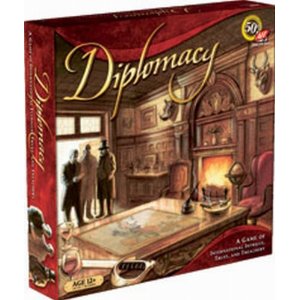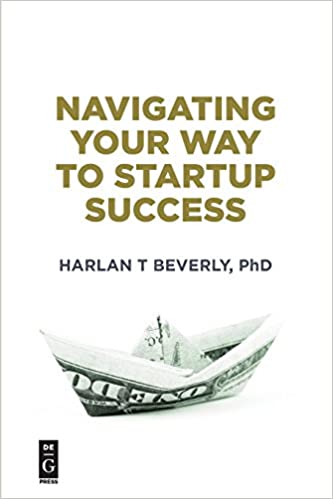Diplomacy is not just a great game from the 1950s, its also a vital skill, that so many engineers (myself included) lack proficiency in. Sure we know what it means, we may even have the “theory“, but we suck at it. We engineers are too “black and white”. Diplomacy is not about black and white/right or wrong. It’s about understanding and mutual benefit. My recent read of How to Win Friends and Influence People has led me to start thinking hard about how I communicate with people. Read on for some situations that may apply to you!
Here are some situations where Engineers have the wrong idea & how to correct them:
- “You are wrong, and I am right.”
- Wrong! (hehe, see I’m an engineer). You can’t put the real world into right and wrong. There are shades of gray.
- A better approach: “I’m sure there is much to your statement that is correct. However, I have a slightly different understanding. Lets discuss till we can at least see each others viewpoint.”
- “This is a negotiation, I will try to get what I want.”
- Wrong! A negotiation should be a mutual discussion to find where both parties can find benefit (1+1 = 3).
- A better approach: “I would like to tell you what areas we really need, and where we can be flexible If you can do the same, perhaps we can find some win-win agreement, or just move on otherwise”
- “This is a sale, I will try to sell the other person, by convincing them this is the best for them.”
- Wrong! A Sale situation should be about “qualifying” the person, and truly helping them determine if the sale is right for them. (they have to decide, you can only ask questions and point out benefits that are relevant to their situation).
- A better approach: “We are a X company, and we help people with Y. Do you have any problems with Y or would you like your Y to be better? Maybe I can be helpful, but if not, no worries.”
- “This is a rule, do not break it.”
- Wrong! Rules are for science & children. Being flexible to the situation and listening to peoples concerns is the diplomatic way.
- A better approach: “I’d like to understand what happened better to see if this rule is still applicable, or if there is some situation where it is broken.”
- “Why should I bother helping this person, when they are clearly incompetent?”
- Wrong! This one is hardest for me. But diplomatic way would be to learn more about the incompetence to be able to prevent the problem in the future or create a learning system that fixes the incompetency.
- A better approach: “I’d like to discuss the problem further and understand how you get here so I can prevent it from happening in the future.”


